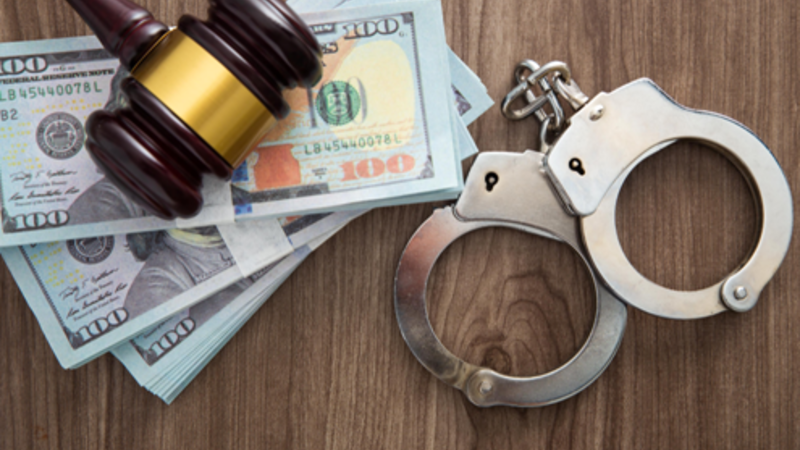Ever wondered what it means to be “bailed out of jail” and how it all works? Imagine you’re in a real-life drama, but fear this script has a second chance written all over it! In just a few simple steps, you could trade those bars for brunch plans.
Get ready to unravel the mystery behind the bail process, leaving you with the confidence to handle any twist or turn. Keep reading to become the hero of your legal adventure.
What Is Bail?
Bail is essentially money you pay to the court to be released from jail while you wait for your trial. It’s a way of promising that you’ll show up for court.
If you attend all your court dates, you get the bail money back. If not, the court keeps the money, and things get worse legally.
How Does the Bail Process Work?
Once a judge sets your bail amount, you or a loved one can pay it to secure your release. The amount depends on the severity of the crime, your criminal history, and how likely you are to return to court. If you can’t afford to pay the full amount, this is where a bail bondsman comes in.
A bail bondsman will cover the cost of your bail, usually in exchange for a fee (about 10% of the total bail amount). They’re your ticket to getting out of jail when cash is tight. If you don’t have the money, you can call Bail 2 GO, a service that can help get you released faster.
What Happens After Bail Is Paid?
After bail is paid, you’ll be released from jail, but this isn’t the end. You must follow the court’s rules, which could include restrictions like staying within a certain area or checking in with an officer. Most importantly, you have to show up for all of your court dates.
Can Bail Be Denied?
Yes, sometimes bail is denied. This typically happens if the crime is very serious, or if the court thinks you’re a flight risk (meaning there’s a chance you won’t show up for trial). In some cases, bail can also be set very high to discourage you from getting released.
What If You Can’t Afford Bail?
If you’re unable to pay bail out of jail yourself and prefer not to hire a bail bondsman, the judge might release you on your “own recognizance.” This means you won’t pay anything but must commit to appearing in court. It’s the judge’s decision whether you qualify for this.
Why Is Bail Important?
Bail bonds enable you to resume your regular life as you await trial. They allow you to continue working, spend time with family, and prepare for court without being confined to a jail cell. Securing a bail bond can significantly impact your experience with the legal process.
Navigating Life After Being Bailed Out of Jail
In conclusion, understanding the intricacies of being bailed out of jail equips you with valuable knowledge during a challenging time. By grasping how bail functions and knowing your options-whether making a direct payment, involving a bail bondsman, or seeking release on your recognizance-you can confidently navigate the situation.
Being bailed out of jail allows you to continue daily life and prepare for your legal proceedings. By respecting court requirements and showing up for hearings, you lay the groundwork for a more favorable outcome.
Want to learn more? Don’t forget to explore our other articles before you leave Kaz Magazine.
